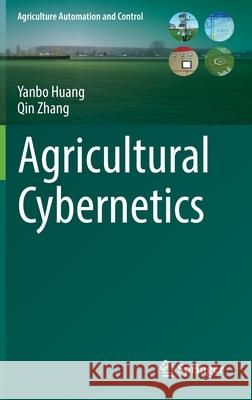Agricultural Cybernetics » książka
topmenu
Agricultural Cybernetics
ISBN-13: 9783030721015 / Angielski / Twarda / 2021 / 255 str.
Kategorie:
Kategorie BISAC:
Wydawca:
Springer
Seria wydawnicza:
Język:
Angielski
ISBN-13:
9783030721015
Rok wydania:
2021
Wydanie:
2021
Numer serii:
001175762
Ilość stron:
255
Waga:
0.55 kg
Wymiary:
23.39 x 15.6 x 1.6
Oprawa:
Twarda
Wolumenów:
01
Dodatkowe informacje:
Wydanie ilustrowane











